College questions answered
Mr. Dhyne updates students on college programs from the College and Career Center.
September 25, 2020
The previously rigorous college admissions process has been further complicated by COVID-19. As schools have gone test-optional for the class of 2021 and in-person visits are less feasible, Burlingame is providing ways for students to continue to learn about schools’ programs and requirements. For seniors feeling overwhelmed by an information overload or lost in the weeds of deadlines, Mr. Dhyne has answers.
Answers have been lightly edited for clarity, brevity and to follow The Burlingame B’s stylistic guidelines.
School-Sponsored Events:
Q: What are the different workshops that the school is hosting about colleges?
A: There’s stuff going on all semester — there’s a lot of individual college presentations… In October, on the 16th we are going to be hosting a CSU (California State University) application presentation with our representative from SF State. On Oct. 20, and Oct. 30 there will be the same presentation but it’s going to be a UC application presentation with our local representative from UC Santa Barbara. And then there’s gonna be a financial aid night towards the end of October. The specifics [of the financial aid night] still are to be determined.
Q: How can students find the dates, times and Zoom links to these sessions?
A: So last month I started doing a monthly senior newsletter. And so, on Oct. 1 just check your Canvas or check the school website, there will be a link to a very thorough Counseling and Career Center newsletter with all the information you need about upcoming events, application dates and deadlines. So that and then kind of through other individualized campus announcements.
Q: Do you recommend attending these workshops? If so, why?
A: I for sure recommend it. I think we’re all just starved for information right now and so I think any kind of connection we can make to the people who work at the universities [is helpful]. They can really provide a lot of really great insight. It can be a really good, calming voice right now.You know, it feels like things are changing in terms of the world of college admissions. And so they can definitely help ground us a little bit.
Financial Aid:
Q: Why is it important to fill out the FAFSA (Free Application for Federal Student Aid)?
A: The application takes maybe an hour – like maybe an hour. Giving up that amount of time to possibly save some money is a positive thing. And so, I encourage everybody to do it because you don’t know what you’re gonna get unless you fill that thing out.
Q: Does the FAFSA influence a college’s admissions process when they’re looking at an applicant?
A: I think it’s more of a specific school thing. You know, some schools are super transparent, they say they are need blind when they are looking at admissions, [income] is not going to factor into any kind of decision making at all. Sometimes that information is asked for on other applications anyway, so like the UC and the CSU applications both ask questions. They’re not as in depth as the FAFSA is but they’re still gonna want to know family size [and] income because they use that to help figure out if students are eligible for fee waivers on their applications.
Q: How is COVID-19 changing financial aid?
A: It will definitely impact stuff because so many people and families have been impacted financially, because of COVID-19. When you’re going through [the financial aid process], they ask for information from specific years. When you do the FAFSA, or the California DREAM (Development, Relief, and Education for Alien Minors) Act application, you have to give it the information it is asking for which is not going to be the most recent year’s income. What someone can do though is after they submit the FAFSA with information that the application is asking for, they can reach out to the individual financial aid offices at the schools they’ve applied to and kind of say, “My family’s financial situation has changed because of COVID-19” and schools can reevaluate their financial aid applications. They’ll probably ask for more up-to-date information.
Due Dates:
Q: What are important upcoming due dates that seniors need to be aware of for college applications?
A: On October 1 — not a due date — but starting on Oct. 1 students can start working on their Cal State University applications. So if they’re applying to any of the CSU campuses, that application opens up on October 1.
Q: When does the CSU application close?
A: They’ve extended it a little bit so it used to be Nov. 30, but they pushed it back to Dec. 4. This year, I would just recommend getting it done though, I would not wait till [December.] I would say, if you can get done before Thanksgiving that’d be great. Just because you know myself and the counselors are all going to be around leading up to Thanksgiving. And as much as I love working with everybody, I can’t promise that I won’t be distracted by some pumpkin pie during the break. And then also starting on Oct. 1, students can start filling out and submitting the FAFSA or California DREAM Act application — that’s more of financial aid.
Q: What about UC and private schools?
A: So the UC application is open right now to start working on; it opened up back in August but students can’t submit the UC application until Nov. 1. They have between Nov. 1 and [Nov.] 30 to submit the UC application. Same thing [as with the CSU application,] I think before Thanksgiving is a great time to get it done. And then the private schools, they’re all over the place. Some schools have early deadlines, some schools have regular decision deadlines, so most of the regular decision deadlines are gonna tend to fall in December, January. But if students are applying to any private, out of state schools, I would just double check the admissions websites, just to make sure you have the most up to date deadlines and other info.
Testing:
Q: Do you think that schools are placing more emphasis on certain parts of the application because they are test optional? Would they be looking more at activities or essays or something else?
A: The schools that had already asked for essays and extracurriculars and activities were already weighing those things. I don’t know if there’s more focus on them right now. I would imagine they’re looking at the same kind of stuff in terms of the stuff outside of the classroom. This is all with the caveat of that I do not work in the college admissions office.
Q: What is your advice to seniors who are deciding whether or not to take the SAT?
A: I think it comes back to: What can we control about the different pieces of our application right now? And the testing thing is kind of out of our control. And so, if you were a student that filled out a form and said “I want to take the SAT at the school,” that’s it, you did your job. Now it’s kind of like: Will health guidelines kind of let that happen? And I would focus my time more on the other pieces of the application.
Q: How have colleges changed their views about AP test scores counting for certain credits? Are they changing them because of COVID-19?
A: I haven’t heard much about how it’s going to affect the AP scoring policy or the credit policy at different schools. But whenever I have questions about who takes what scores and what they count for at different campuses I direct people back to the College Board website. You can search by school and by test. I think it’s more gonna be a school-by-school decision.
Other admissions questions:
Q: How is COVID-19 changing the college admissions process — both positively and negatively?
A: I don’t know if there’s a huge negative — the negative right now feels like everyone
is a little freaked out about things that used to be included in applications versus what has now become more optional. So I think the negative stuff is the unknown. Schools try to be pretty upfront about how they are going to evaluate applications but there’s the unknown still regarding test scores. We just have to roll with what the schools tell us, so if they are saying they’re optional you have to believe that they’re actually optional.
How’s it changing positively? I think the test score thing was kind of on the way out at a lot of places anyway, a lot of schools had already started to transition towards test optional. A lot of schools do these really great holistic reviews of applications so I think it’s kind of like: What other things can students focus on instead of spending all this time focusing on these big exams? So I think for you know for seniors it’s a lot of: What can you control about your applications right now? We’re kind of at the whims of the world right now, in terms of if we’ll be able to administer any tests but seniors can control working on [their] essays. There are pieces of the application that you can really control.
Q: What is your advice to students who are either applying Early Decision (ED) or trying to decide if they want to apply ED?
A: Be 100% sure that you want to go to that place. If you’re ED, that’s a binding decision, so it’s got to be like, 100% “I’m super in love with the school and I’d go no matter what” kind of thing. I think if you’re not 100% in on it, I might think about it again.
Q: What are college admissions officers looking for in their applicants?
A: Yes, there’s the academic side, for sure. But I think at the end of the day they’re looking for people that are going to be a positive influence and have a positive impact on their campus. So they want the students who are involved, and who have maybe taken more leadership roles in the activities they have done. I think at the end of the day they want to have like this, positive campus environment. And so, [they are looking for] people who can add to that.
Q: Are there certain things that students should be sure to highlight on their applications in order to show those characteristics to the admissions officers?
A: Just in general, we’ve all always been kind of told to be modest, don’t don’t brag, be humble, all that kind of stuff. We have to flip that on its head when we talk about college applications because it’s kind of your time to brag about what you’ve done. And so, the UC application especially is really all about self advocacy, they are not going to know about the stuff that a student has done unless the student tells that. And so, you know, that could mean any number of things for extracurriculars.When we think of extracurriculars we probably think of athletics, being in the play, doing yearbook or The Burlingame B, volunteer work. I think there are a lot of students that do a lot of other things with their time that are positive but they just don’t kind of show up as “I was on this team,” or “I was in this show.” There are students that have other family commitments, so tell the schools that you pick up your younger siblings from school three days a week, and then go home and help them with their homework and feed them because your parents had to work. Those are things that schools will still find really valuable when they’re reviewing applications but they won’t know unless you tell them.
Q: I know that on the UC application, students need to declare their major when they are applying; are there certain majors that are more or less likely to get students into a school?
A: I think that’s kind of a question more for the admissions counselors. I can speak to when I was in high school, I knew all these kids in my class who really wanted to go to Cal Poly. They were like “we’re gonna apply to all these really obscure majors at Cal Poly, because hopefully that will get us in.” But a place like Cal Poly is super notorious for making it really hard to switch your majors… I think you want to be comfortable in saying, “If I’m not able to switch my major I would be okay studying this thing.” Depending on the schools there are also different programs that are very much harder to get into — a lot of engineering programs.
Q: Is there anything else that you want to add?
A: Oh man, I think we covered a lot of it, I would just encourage you guys to, check your emails, check your emails, check your Canvas, read the announcements that people are sending out because all of the stuff that we would do if we were on campus is happening in some virtual format. We’re all super accessible so like if students need to book an appointment with me or their counselors or Mrs. Hermann, shoot us an email. In the newsletter we’re all linked to this new one sub scheduling system that we’re using. I have office hours so all you have to do is click on our name in that newsletter. It’ll take you to a website to schedule an appointment. We’re here, we want to help, even though we’re not physically here. Don’t hesitate to reach out if you have any questions.



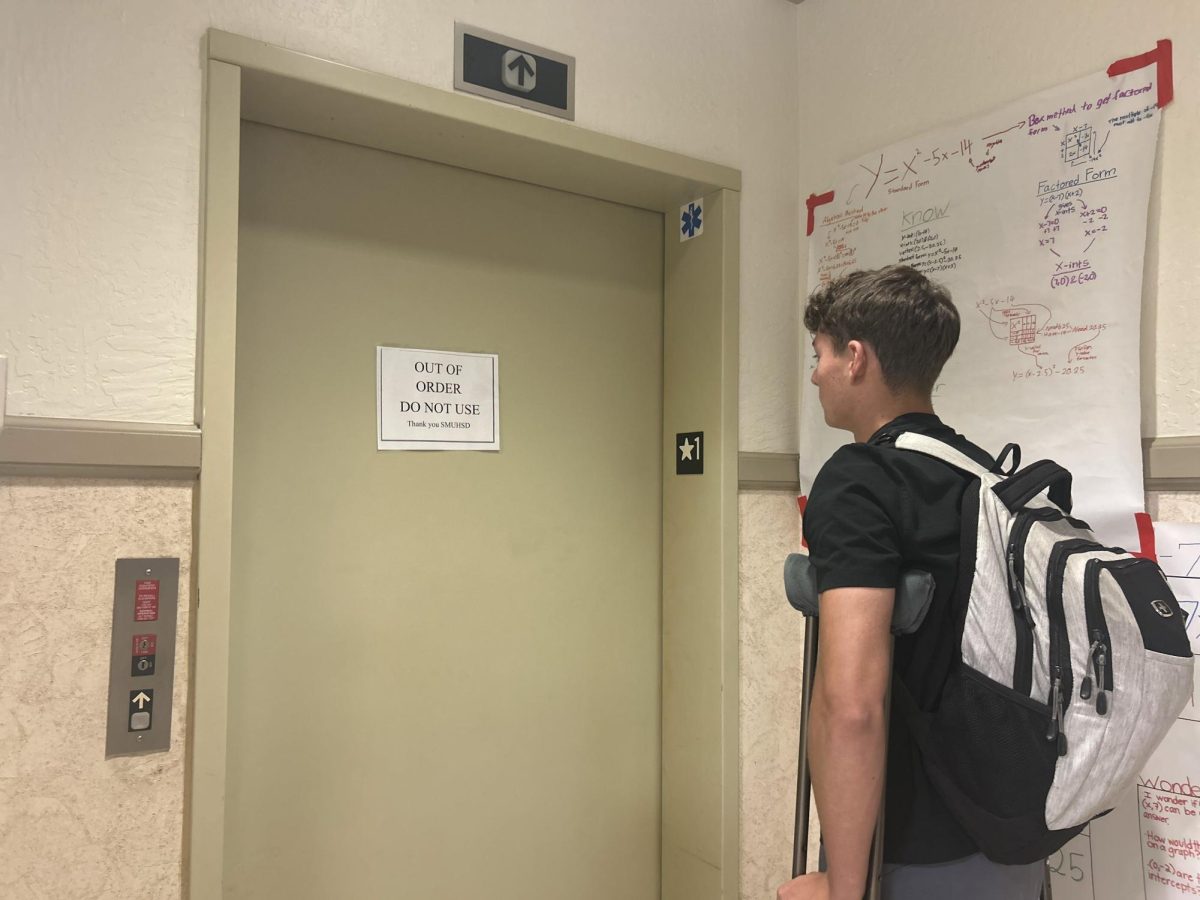


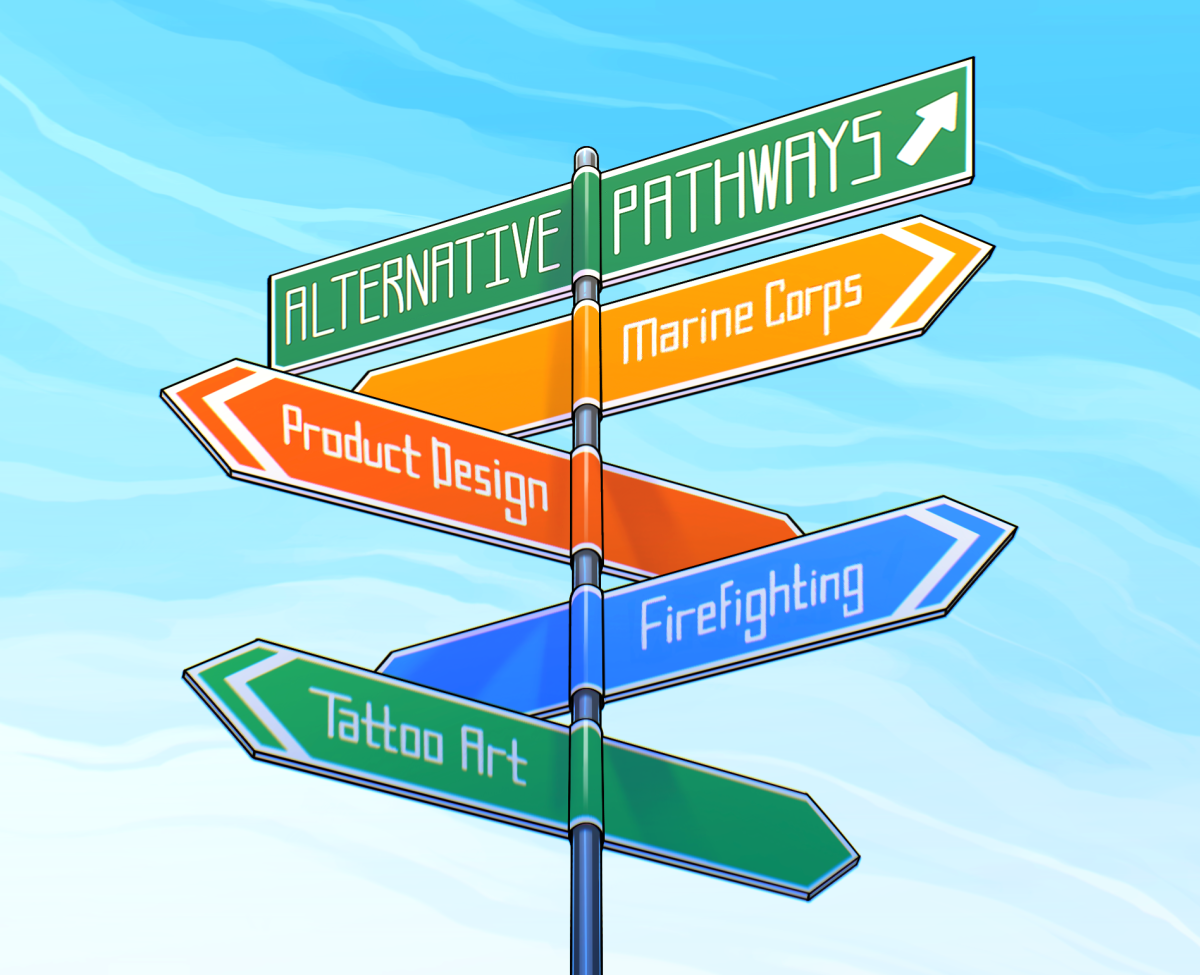
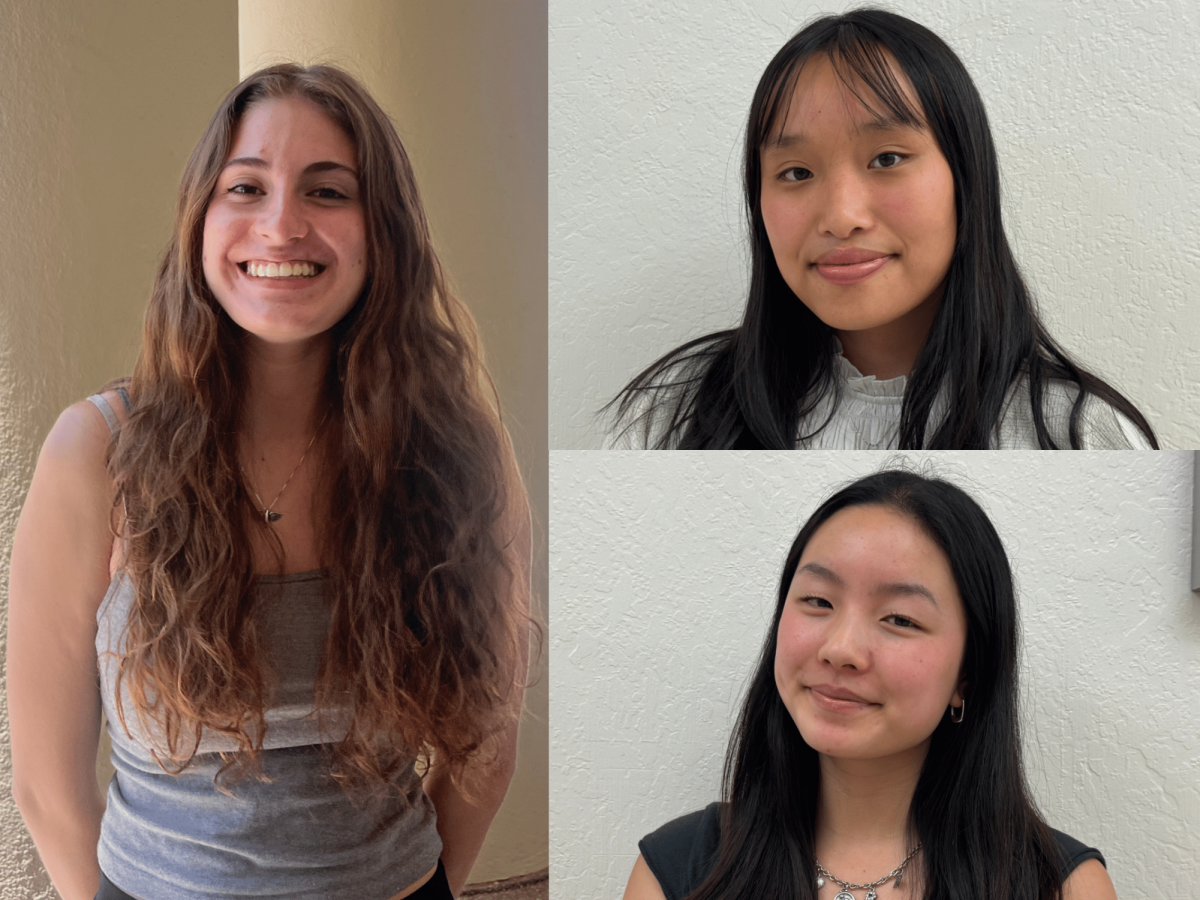
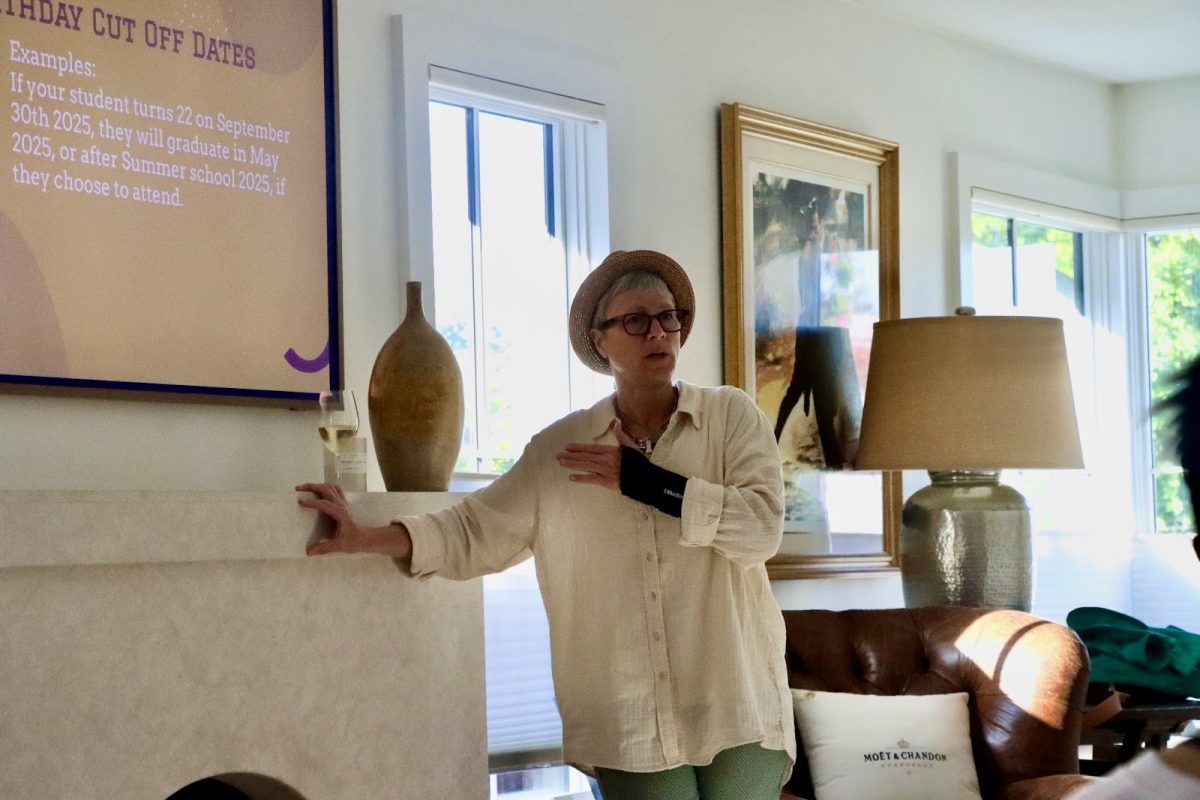



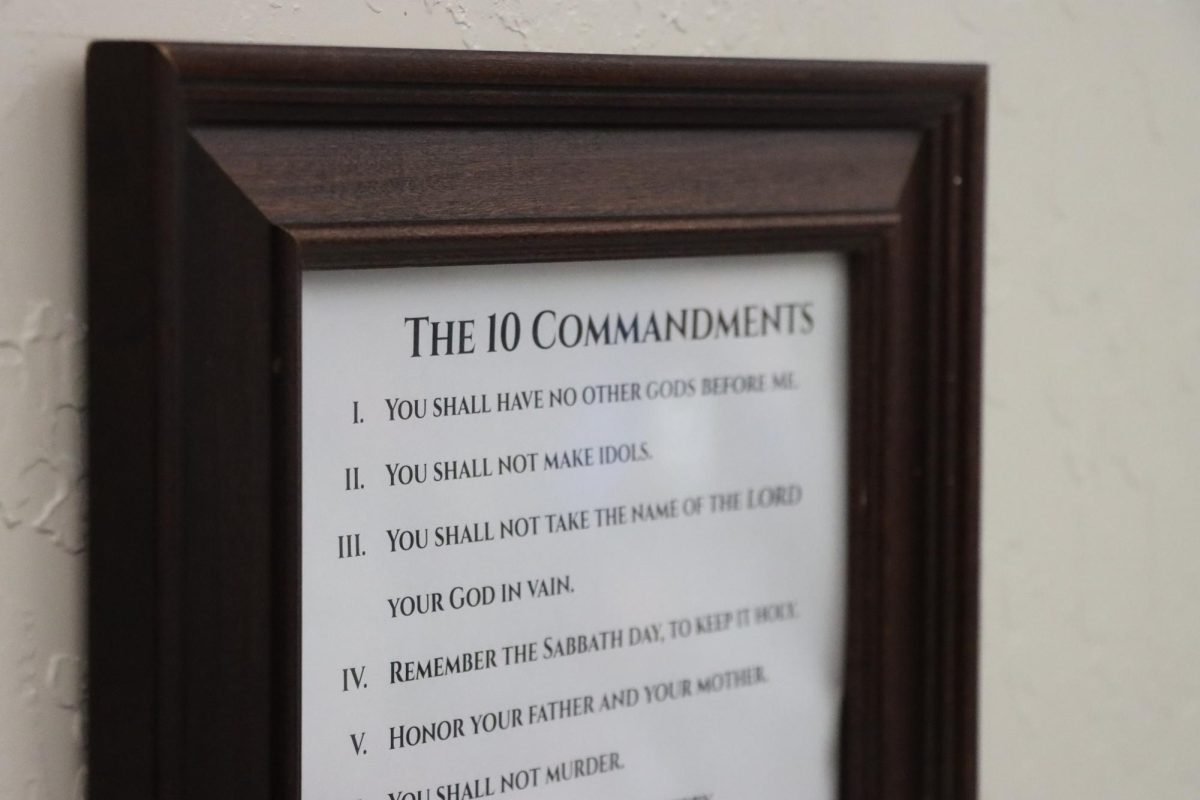


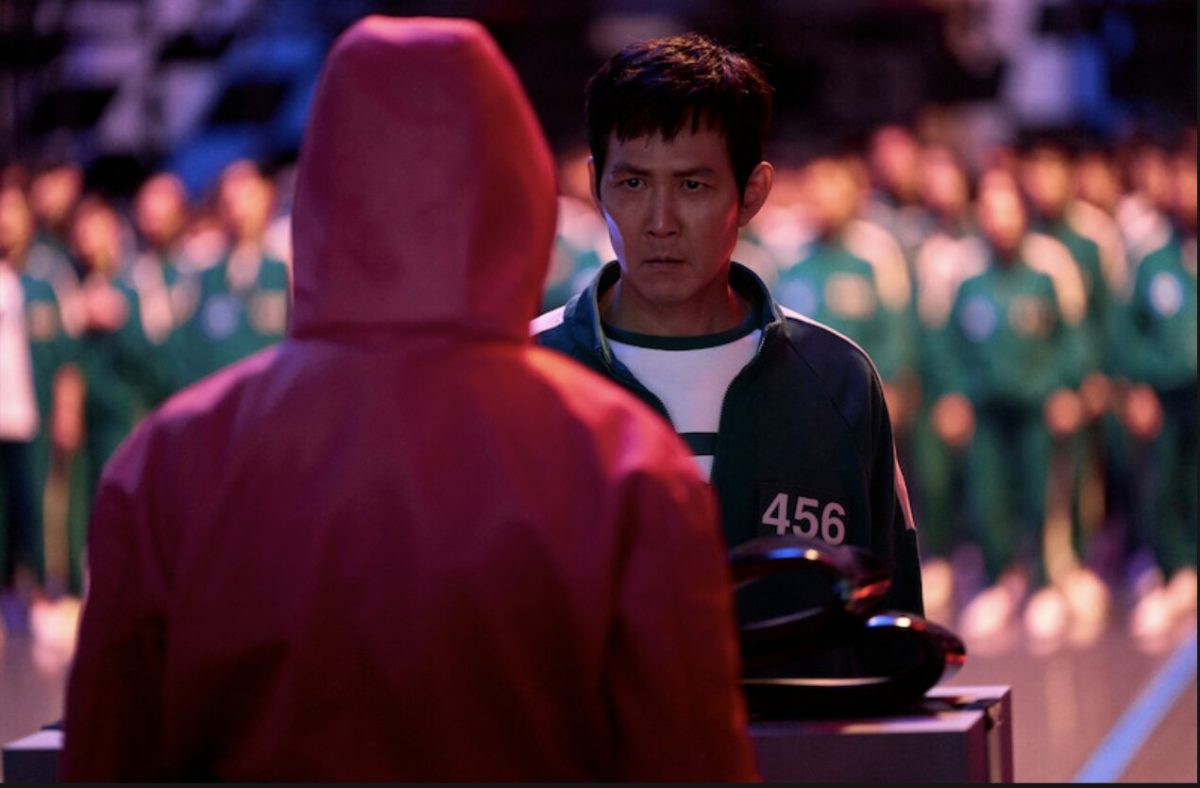




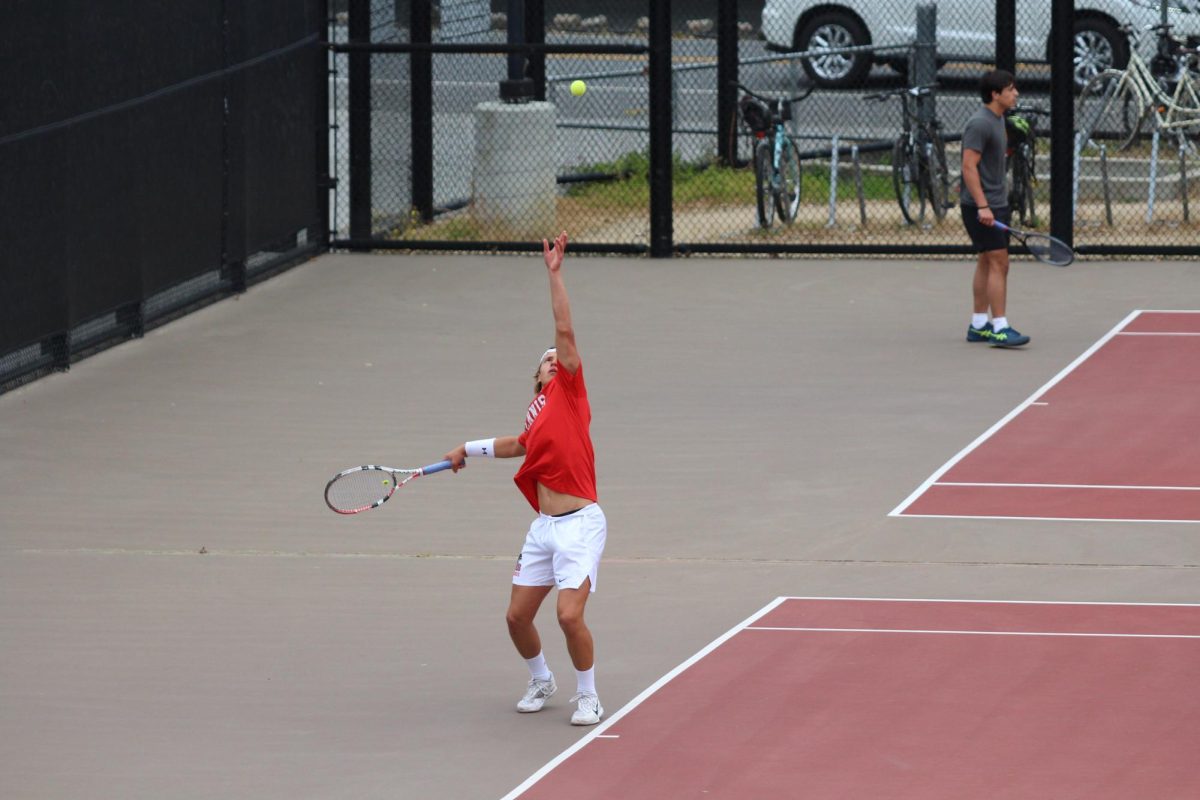
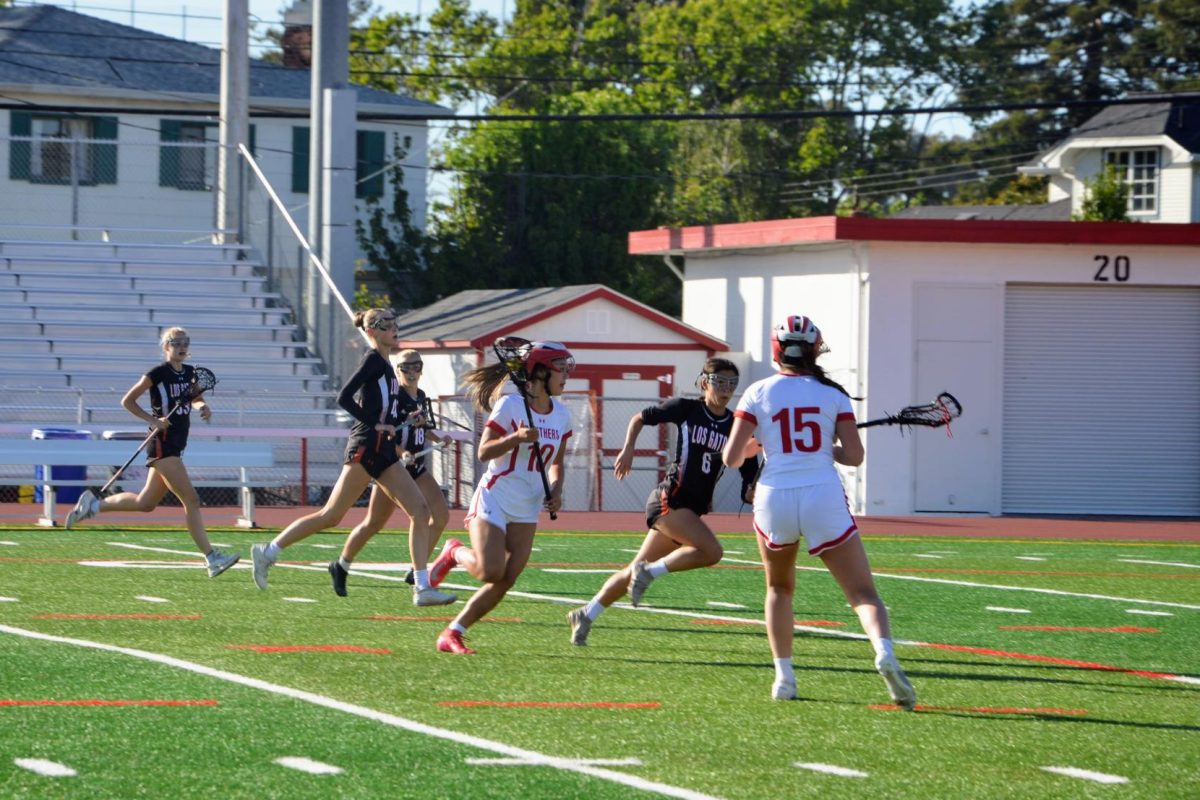
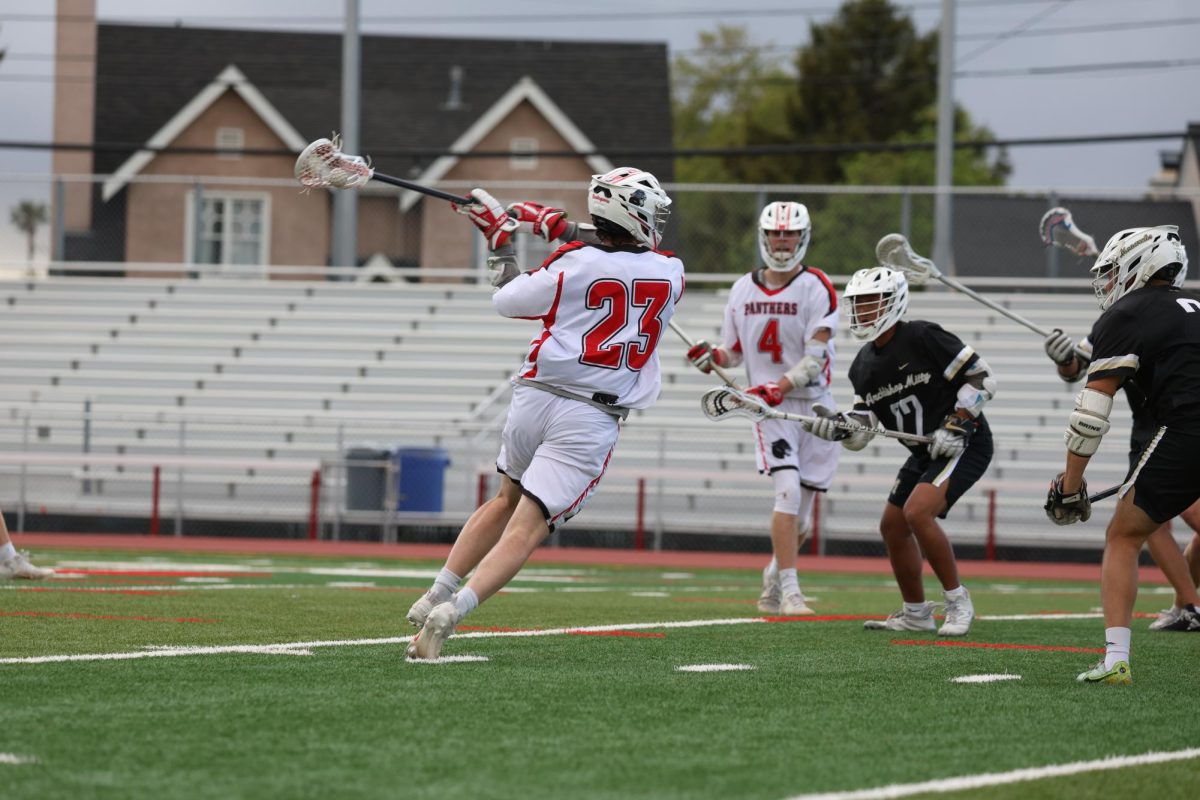













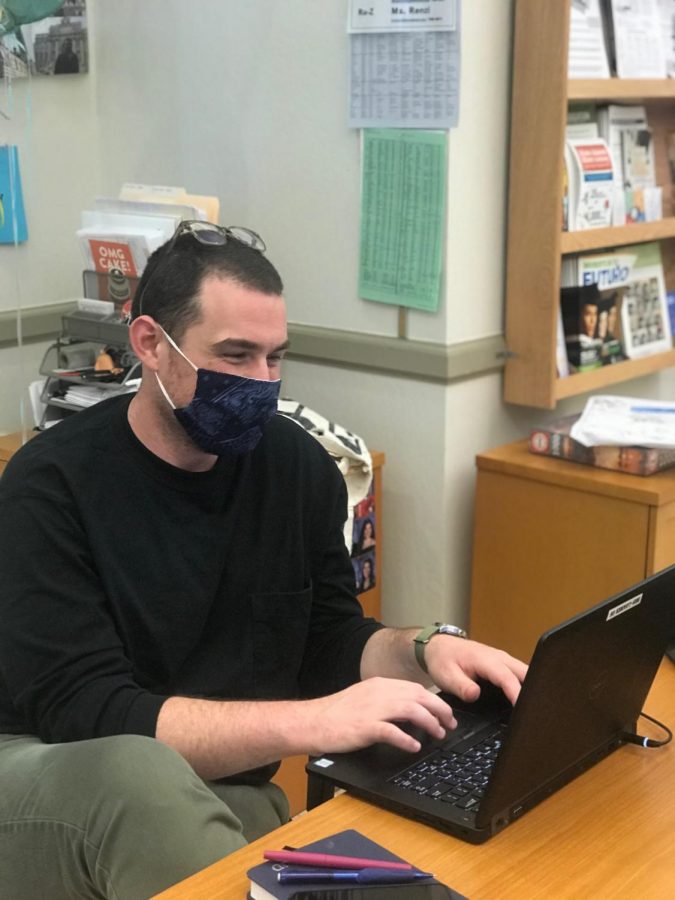
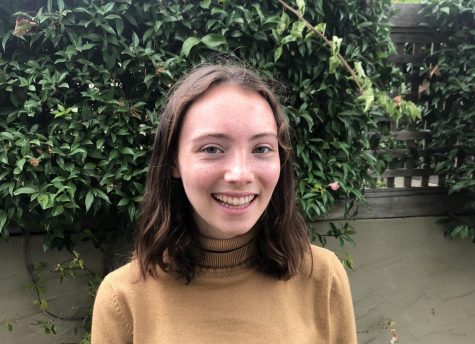




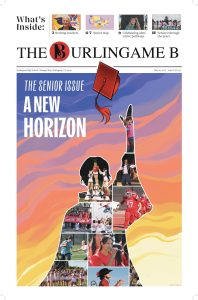
umujoq • Dec 31, 2020 at 12:26 am
If you’d like my review proceed and visit that this site here: https://gumroad.com/l/ghszg and see what the planet has to offer while visitting with this url.